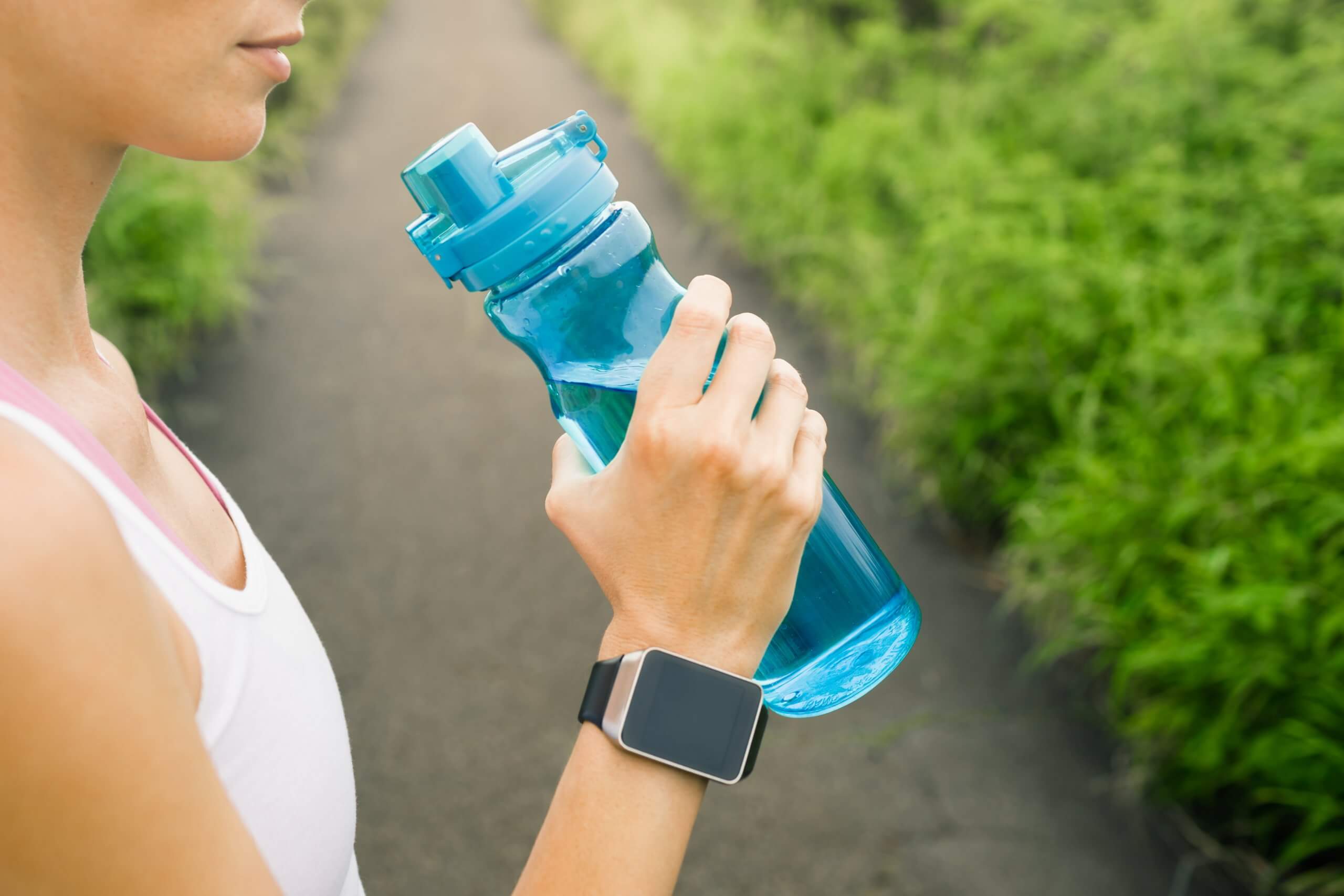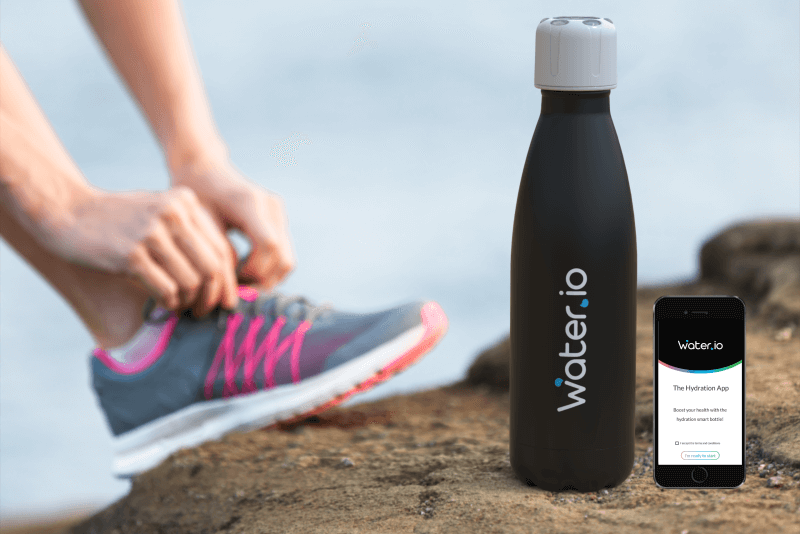Vitamin K is an essential vitamin our bodies need. We cannot live without it and it helps many of our bodies processes function properly and efficiently. Vitamin A helps our body clot blood and promote bone and heart health.
Vitamin K also help protect your cognitive health. The more K you have in your diet the better your memory will be as you age. Studies have confirmed the benefits of vitamin K and healthy cognitive function.
Since vitamin A plays such a critical role in so many bodily systems, ensuring you get enough of this vitamin in your diet is paramount. For adults over the age of eighteen years old, the required daily intake should be around 120 mcg RAE. Females should aim to eat around 90 mcg RAE per day. Kids will need to consume less vitamin K and you can speak with your family doctor about the right amount of K they will need in their diet.
Although you can take a high-quality vitamin K supplement, you should get all, or most, of your vitamin A from real, whole foods. If you eat a healthy diet with lots of fruits and veggies, you should easily get your required vitamin K intake each day without the need for any supplements. Supplements should never be your first option when you are trying to increase certain vitamins in your diet. Although there may be a time and place for supplementing, stick to whole and real foods. Below is a list of the best foods that contain high levels of vitamin K per serving:
- Kale
- Mustard greens
- Swiss chard
- Collard greens
- Spinach
- Broccoli
- Brussel sprouts
- Beef liver
- Pork
- Chicken
- Green beans
- Kiwi
- Avocado
- Parsley
- Beet greens
- Cabbage
- Ground beef
- Duck breast
- Egg yolks
- Whole milk
- Grass-fed butter
- Blackberries
- Pomegranates
- Figs
- Grapes
Kale and Red Cabbage Slaw
This kale and red cabbage slaw are a great way to boost those vitamin K levels in a delicious, easy, and healthy way. This crunchy salad takes fresh kale, purple cabbage, walnuts, and a mustard vinaigrette to make a nutrient dense lunch or dinner. To add even more vitamin K to the mix, add in grilled chicken breast, dried figs, parsley, and pomegranate seeds.
The chicken will provide you will vitamin K and protein, while also making the salad a more filling meal. Dried figs will add some chewy sweet texture to the salad and the fresh bright red pomegranate needs will add a juicy sweet and tart burst of flavor. Even though this salad is packed to the brim with healthy vitamins and minerals, it is so tasty you will not feel like you are eating something healthy.
Fruit Salad
Fruit salads are great for packing a lot of nutrients and vitamins, such a vitamin K. make a big batch of fruit salad you can eat for a few days for breakfast, snacks, dessert, or even as a side dish. Combine blackberries, grapes, blueberries, pomegranate seeds, and kiwi. Keep the fruit salad in an air tight container so it stays fresh for as long as possible.
If you want to add a little interest to your fruit salad, you can also make a simply healthy dressing to toss the fresh fruit in. All you have to do is combine ¼ cup raw honey, the zest of one small lime, and the juice of one to two limes. Shake up the dressing in a jar and pour the dressing over the fruit salad. You can even ass fresh basil or mint to the dressing for a herbaceous twist.





